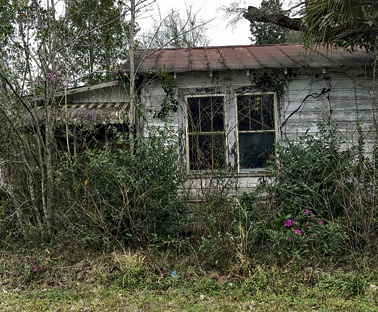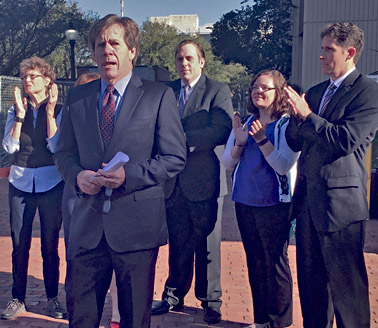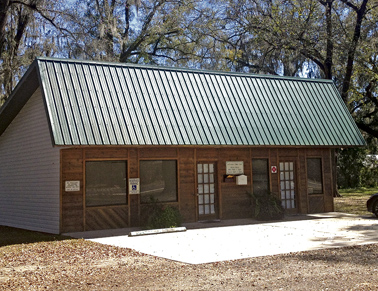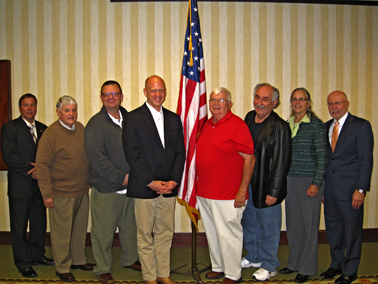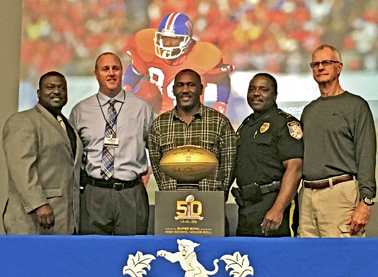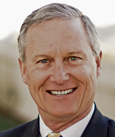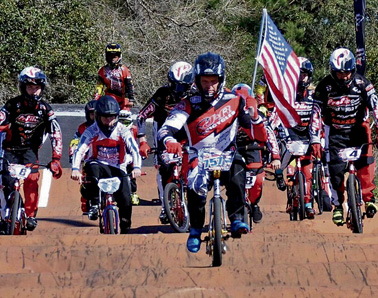
ROBERT KORSON/Special to Alachua County Today
Benny Wright carries the flag at teh Sunshine State Florida Cup Race at High Springs BMX.
HIGH SPRINGS – Over 880 BMX riders ranging in age from 18 months to 50 participated in the Sunshine State Florida Cup Race at High Springs BMX from Feb. 26 to 28.
The race, a qualifier for the state championship, included stops 5 and 6 of the 10-stop series that has taken place over five weekends.
The next qualifier will be from April 1 to 3 in Naples, followed by another from April 29 to May 1 in Cape Coral. The Florida state championship will take place in St. Cloud from May 20 to 21.
Laura Pringle, the track operator at High Springs BMX, said now is the peak time for riders, who advance based on a point system, to be working hard to accumulate points at every part of the series.
“It’s midway through the season,” she said. “So, after the holidays, people are really getting into race mode. They’re starting to scramble to try to get better qualifiers to move up in the rankings of their particular age and proficiency ranking.”
She said the track in High Springs attracts men and women of all different skill levels, from novices to experts.
The weekend before the race in February, several elite riders raced in Tampa for an international event, which also served as a qualifier for a world championship, she said.
“We actually had some of them take advantage of the opportunity to come and race as well,” she said. “Some of our pro classes were stacked with riders from all over the world, including the current world champion in the Elite Men.”
Jeff Korson, 29, placed first in the Cruiser Class division during the race at High Springs.
Korson, who’s been riding BMX since 2004, said he had previously been beaten by several riders but began training to finally win.
“[To train] I actually started riding dirt bikes a little bit,” he said. “That helped me to be able to do full laps, consistently. And then as far as getting out of the gate, the explosive power. I’ve been doing a lot of jump spots. It felt great to finally beat them.”
He said he plans to add weight training in preparation for the championship race in May because he won’t have the home track advantage.
Ashley Turner, who won second place in her division, said she’s been riding BMX since she was 5 years old. The sport is a family affair – she said both her parents are also riders.
“My mom is number one in the state of Florida for the Cruiser division and for the Woman’s class,” she said. “And my dad does it for fun but he wants to compete as well. Pretty much, I felt determined to work harder to reach number one.”
Turner said her training routine before a race includes running, weight training and plyometrics to help her easily get over jumps.
High Springs BMX, established in 2002, is a not for profit organization run completely by volunteers and relies entirely on sponsorship and entry fees, according to its website.
“I think what also makes our track special is that it’s extremely well maintained and very well designed,” Pringle said. “So it’s really popular among the riders. They really enjoy riding the track. It’s challenging but it’s also fun.”
# # #
Email Korrego@
alachuatoday.com
Add a comment

